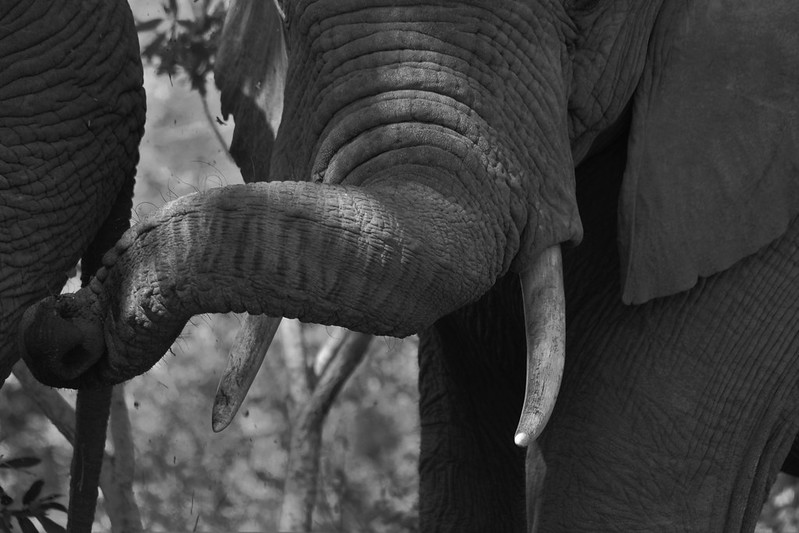The December 2021 EU guidelines were to severely restrict the ivory trade from both African and Asian elephant populations, as well as imports and re-exports of raw and worked ivory with very few exceptions. However, Tuesday's IFAW study revealed the flaws of this measure.
In just 23 days, investigators identified 1,330 items of ivory and suspected ivory for sale through 831 advertisements on 49 online sites. Advertisements pertained to ivory originating from elephants outnumbered those of other ivory-bearing species, such as hippos, walruses, whales, narwhals and dugongs.
Only 9% of advertisements had verifiable evidence to support the legality of ivory, such as photos or certificate numbers. This, the report concludes, strongly suggests that a considerable proportion of ivory was being advertised illegally for sale online, providing a glimpse of the shortcomings in the EU rules about ivory trafficking, their enforcement and control.
The investigation also showed that although the vast majority of sellers were located in the EU, 41% offered non-EU ivory trade, which is prohibited except in very limited instances.
“In the EU, the many exceptions in the new rules and the absence of a clear and legally binding ban create loopholes. The trade is still happening here, and enforcement online is further complicated by the technicalities, such as claiming proof of legality,” stated the report’s co-author Ilaria Di Silvestre.
“We strongly urge the European Commission and all Member States to commit to a dedicated monitoring mechanism in order to assess the appropriate implementation of the revised EU Guidance and legislation while addressing shortcomings and ensuring enforcement,” the she urged.

